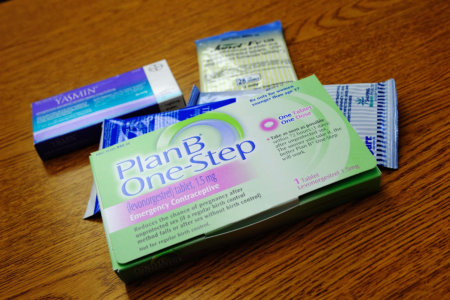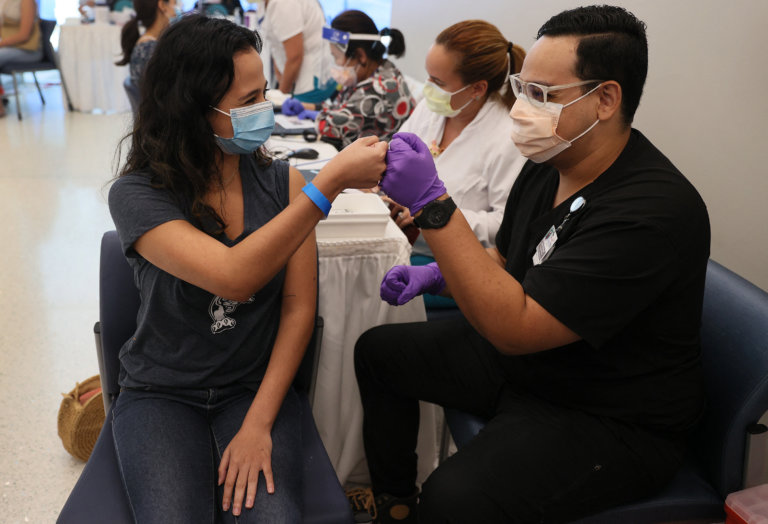
The US is an attractive study destination for many reasons — housing the world’s top universities, being the centre of many technological developments, a pioneer for entertainment, and more. For many international students, this is a big draw. However, many run into a major roadblock: understanding the US healthcare system and how to access it.
Unlike many other countries, the US doesn’t have a centralised healthcare system. This means that Americans have to arrange for their own access to medical care, which isn’t always viable given how expensive it is. For example, getting treatment for a major accident or illness can rack up thousands of dollars — which can easily cause Americans to go into debt.
To avoid this, most Americans get some sort of health insurance, usually covered by their employers or by purchasing their own. Some citizens are eligible for public coverage through Medicare or Medicaid, two national health insurance programmes in the US.
International students, however, are subject to a different set of rules due to their visa status. Here’s what you should know about the US healthcare system if you’re planning to study in America, and how to navigate it.
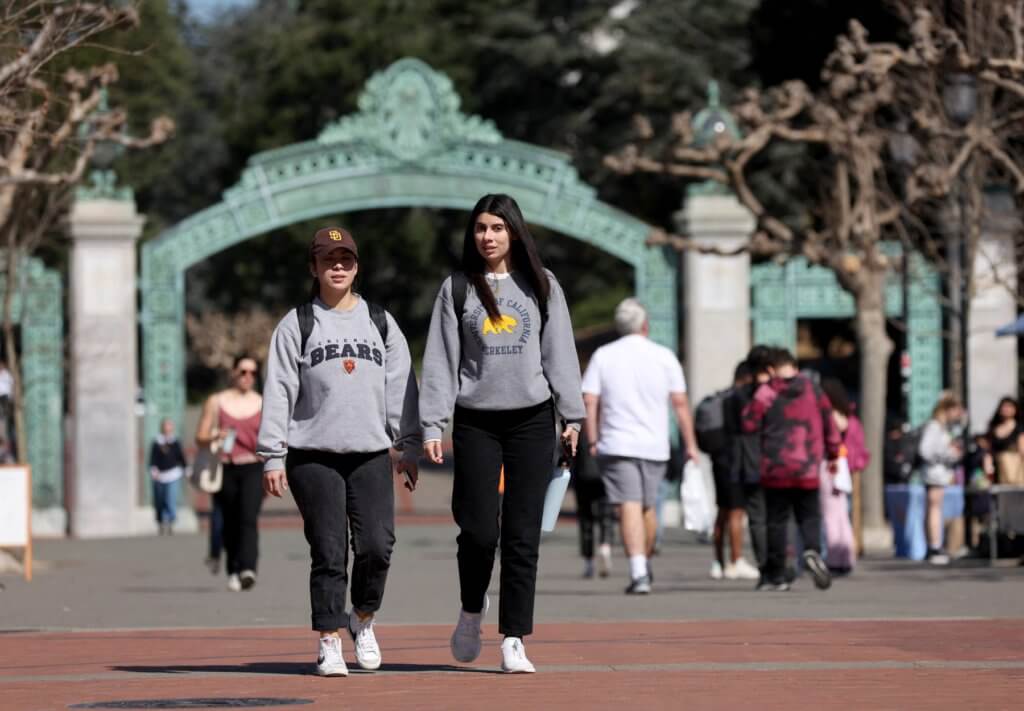
Many colleges and universities will have their own health insurance plans for students. Source: Justin Sullivan/Getty Images North America/Getty Images via AFP
US healthcare: How do I access it as an international student?
While it may seem like an impossible and costly feat, accessing healthcare in the US is still very much in reach.
Most colleges and universities in the US typically offer medical care on campus through a healthcare centre or infirmary. This is usually not as expensive as if you were to seek healthcare services off-campus, and can include basic first-aid and minor treatments as well as X-rays, laboratory tests and specialist care.
There’s also the option of getting off-campus medical care. You can choose to visit a private doctor during regular office hours. You should note, though, that these will generally cost more than getting care on campus.
Hospitals are the best place to go if you find yourself in a major accident or need urgent medical care. Unfortunately, these are also the places that rack up the highest expenses.
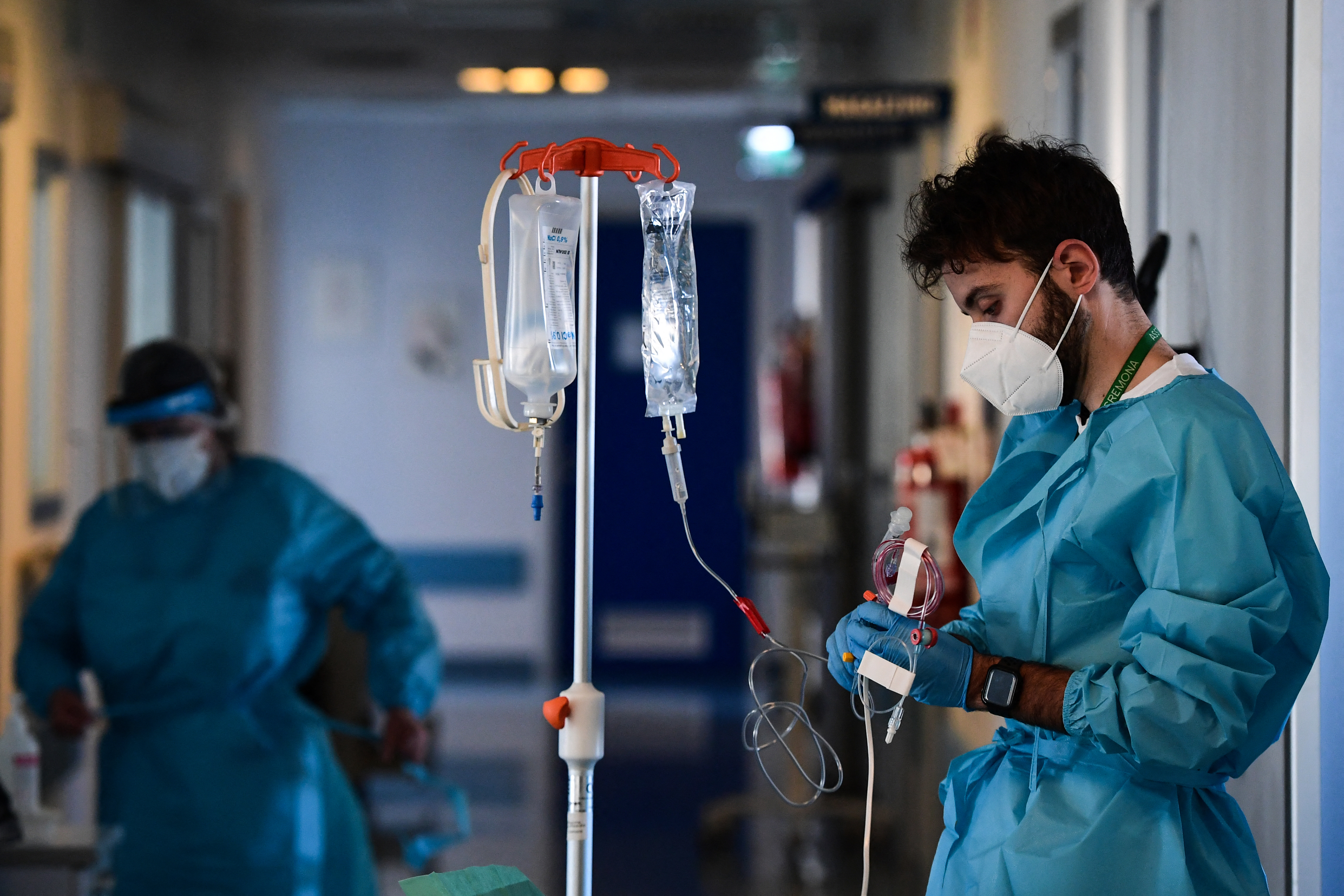
As an international student, you are responsible for covering your own medical care throughout the duration of your stay in the country. Source: Miguel Medina/AFP
Are there health insurance options for international students?
Yes.
Generally speaking, F-1 students are not obligated to meet any government health insurance requirements in the US. This means that, as an international student, you are responsible for covering your own medical care throughout the duration of your stay in the country.
Fortunately, most colleges and universities will have their own health insurance plans for students. Lots of colleges — especially larger, more established ones — make it mandatory for international students to participate in their insurance plans. Similarly, larger institutions tend to have better, more extensive plans than smaller ones.
If your university doesn’t offer insurance, you can purchase ones specifically designed for international students from private companies. There are lots of options available, so it’s always best to seek advice from your International Student Office on the best insurance plan for you.
Students on a J-1 visa have to fulfil additional requirements, including getting adequate US healthcare insurance set by the Department of State. A comprehensive guide to what this includes can be found here.
Can I access birth control as an international student?
Accessing birth control and other sexual health services is crucial for any female international student enrolling in a US university. Not all US healthcare coverage plans include access to contraceptives, as birth control can only be obtained through prescriptions.
Luckily, many American universities and colleges offer low-cost birth control for students. Birth control pills, for example, can be obtained by arranging a doctor’s appointment at your campus clinic and getting a prescription. You can then purchase the birth control pill prescribed to you at a campus pharmacy or retail drugstore such as Walgreens or CVS. You don’t need to keep going back to the doctor to purchase more contraceptives — once your name is in the system, you can typically request for refills online or through a phone call.
If you’re looking at other contraceptive methods, make sure to arrange an appointment with your campus doctor to discuss the best option for you. For more information, click here.
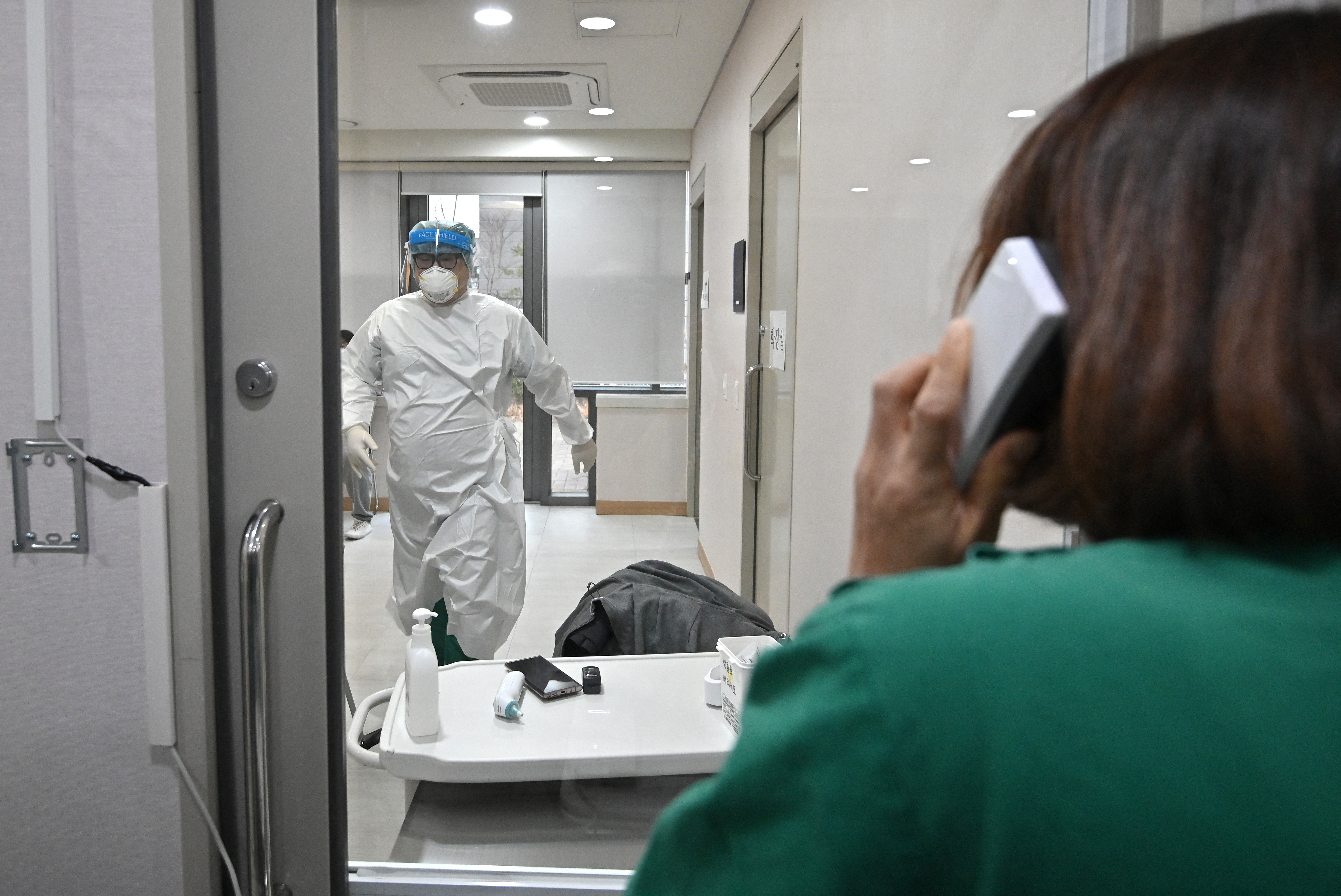
It is a violation of immigration law for non-immigrants to accept public assistance, including for medical aid. Source: Jung Yeon-je/AFP
Am I eligible for public health benefits?
No. Unfortunately, international students are prohibited from accessing or accepting any public health benefits, including Medicaid. In fact, it is a violation of immigration law for non-immigrants to accept public assistance, including for medical aid. Doing so could affect your visa status, or even affect your ability to enter the country.
In some instances, you might come across employees within the medical and social services industry who encourage you to accept public health services. While this usually comes from a well-meaning standpoint, it is always advisable for international students to reject such offers to avoid any dire consequences to your visa status.








